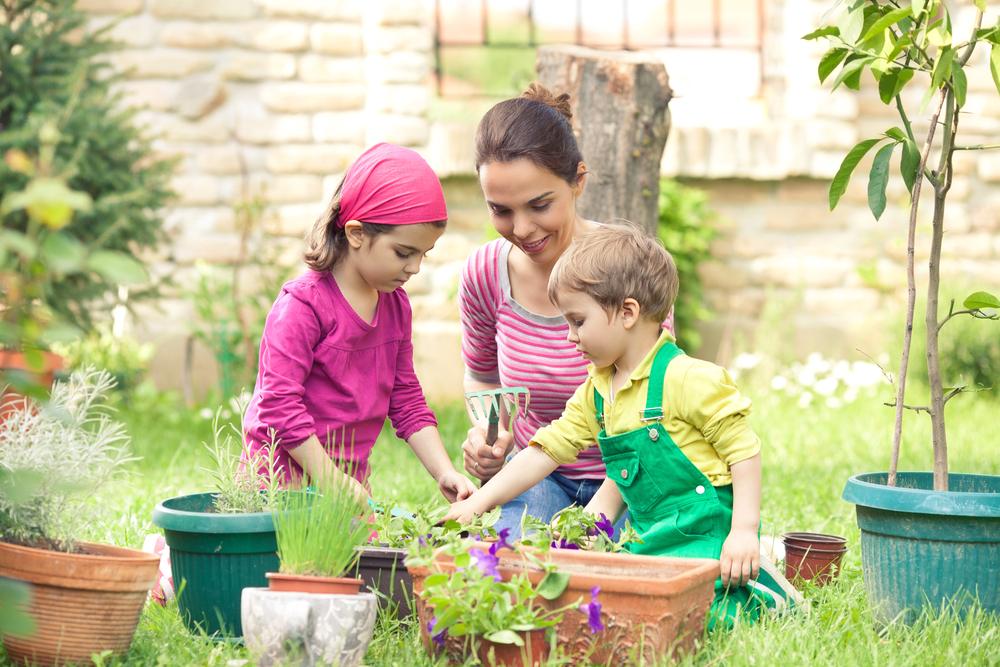As we settle into the new normal of social distancing, many families are facing a different kind of life together—one that hopefully brings new joys but certainly also new tensions.
If you’re not used to being home with your young one and life now is feeling difficult—and maybe you feel as though you’re about to unravel—please know that you are not alone!

